- Your cryptocurrency is not in your wallet, it's on the blockchain
- a blockchain is the network of nodes (=computers/servers) that
- run open-source software to be able to participate in distributed decentralized blockchain/network
- must reach agreement=consensus reading the current state of the network even in the presence of malicious nodes
- a wallet is software that interacts with the network (via APIs, or wallet back-end)
- there are no coins in your wallet
- you own a “private key” ( public and private keys are closely linked to each other)
- One private key can generate several public keys (or receiving addresses)
- Only the owner of the corresponding private key can access the info sent on the publicly available addresses
- It’s possible to recover the public key if you own the private key. However, it’s (almost) impossible to find the private key using only the public key
- when you submit a transaction and send it to the blockchain via your wallet, you sign it with your private key
- nodes just have to look at each transaction and check whether the source account matches the signature that is sent with a transaction (multi-sig is a bit more complicated though)
- Software wallets will ask you for a password, and will use symmetric cryptography to encrypt your secret key and store it somewhere on your computer/phone
- when you want to log into your wallet, you enter that password again and it takes the data it stored earlier and decrypts it, getting back the original secret key that it can use to sign and submit transactions
- Hardware wallets work by generating a secret key for you and keeping it secret from everyone, including you
- Instead of your device sending your secret key out to create a signature for a transaction, the wallet software you interact with must send the transaction to the HW wallet, which then signs the transaction and sends the signature back to the wallet software
- none of your account data EXCEPT your secret key is actually stored inside the HW wallet
- if you lose your private key, you lose your funds
- only complete ownership of your private keys allows you true financial freedom
- crypto only digitally exist on the blockchain, being associated with a set of “public/private keys”
- if you don’t own your “private key”, then you don’t own your crypto assets, since you can’t unlock or manage them -> “Not your keys, Not your crypto”
References:
https://www.ledger.com/academy/basic-basics/owning-and-using-it/i-bought-my-first-crypto-now-what
https://www.ledger.com/academy/basic-basics/owning-and-using-it/what-is-a-private-key
https://medium.com/@stellarguard/stellar-whats-in-your-wallet-1b07b8f7123a
[link] [comments]

You can get bonuses upto $100 FREE BONUS when you:
💰 Install these recommended apps:
💲 SocialGood - 100% Crypto Back on Everyday Shopping
💲 xPortal - The DeFi For The Next Billion
💲 CryptoTab Browser - Lightweight, fast, and ready to mine!
💰 Register on these recommended exchanges:
🟡 Binance🟡 Bitfinex🟡 Bitmart🟡 Bittrex🟡 Bitget
🟡 CoinEx🟡 Crypto.com🟡 Gate.io🟡 Huobi🟡 Kucoin.
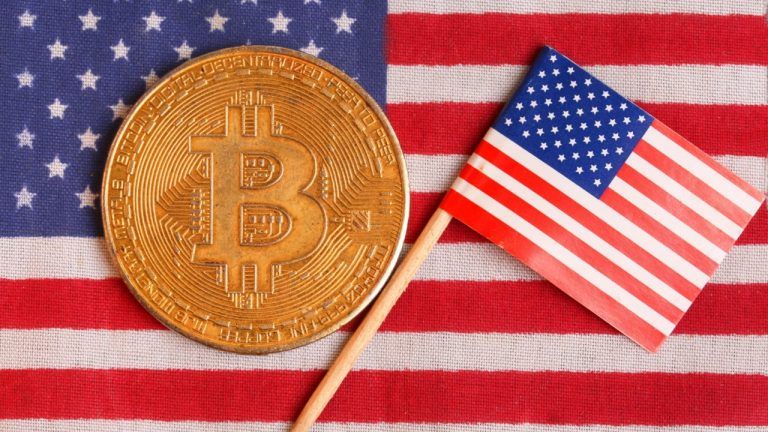


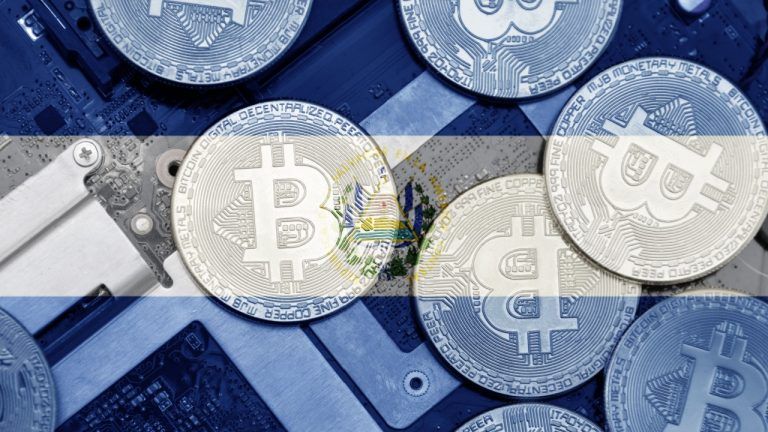

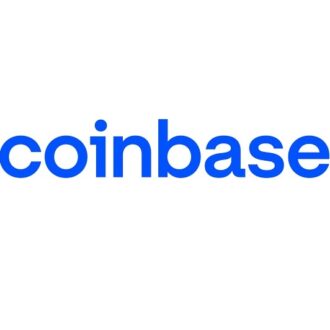



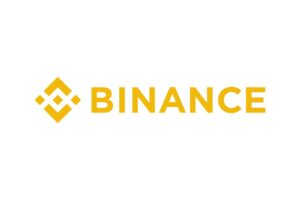

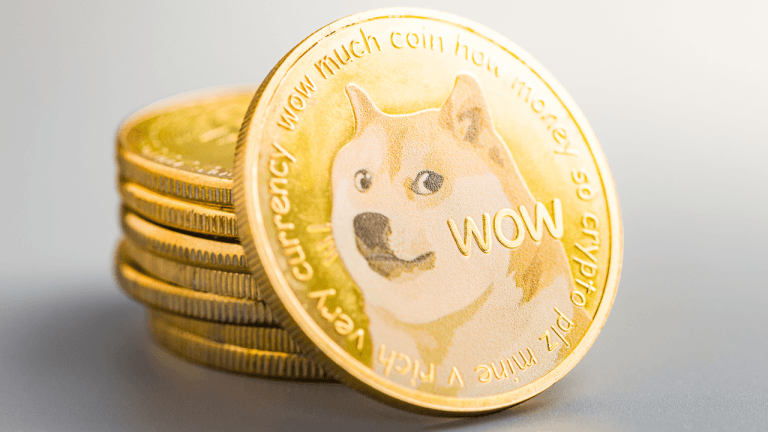

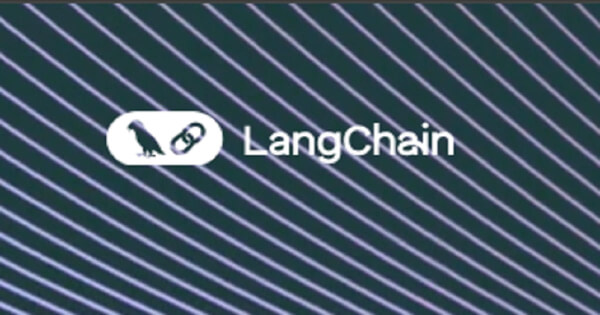
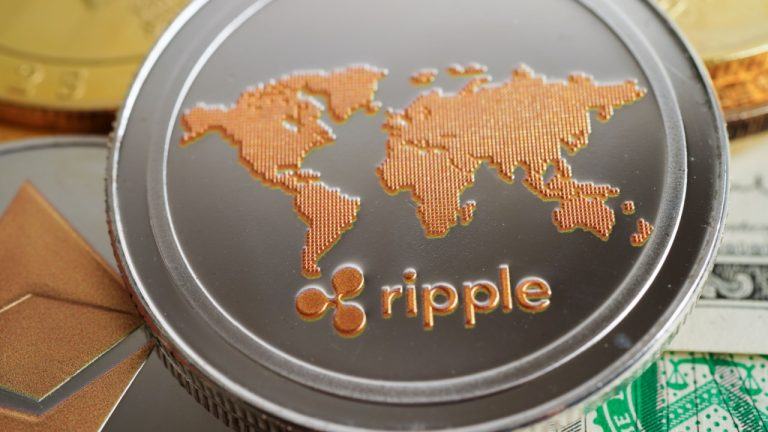


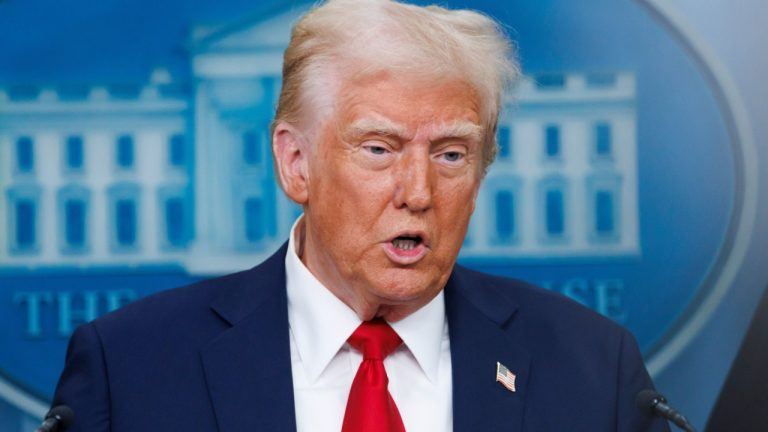
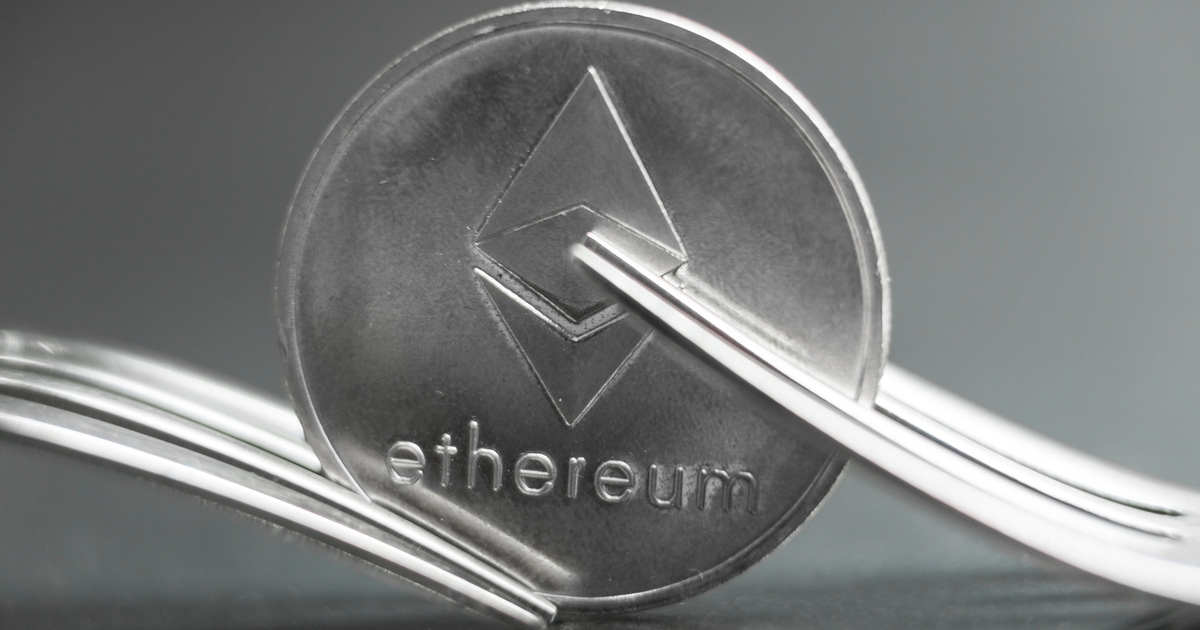

Comments